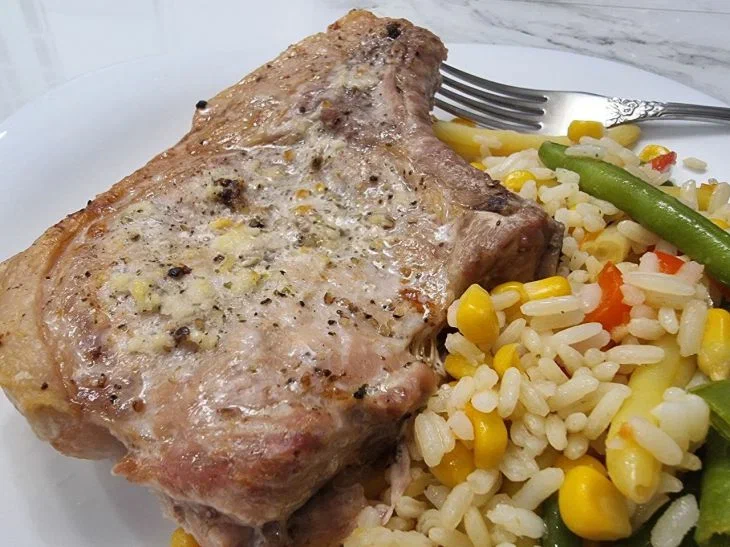7 Foods You Should Never Reheat: Remember Once and For All
In daily life, most people often resort to reheating food to save time and make cooking easier.
However, not all products can be reheated. Therefore, it is worth understanding which products should not be reheated and what negative consequences may make themselves known.
Chicken
Chicken meat is one of the most common sources of food poisoning.
Reheating chicken can promote the growth of salmonella bacteria. Of course, if you managed to reach a temperature of 75°C during reheating, there will be no problem.
Mushrooms
Mushrooms can spoil quickly, and reheating them can result in a deterioration in taste and an unpleasant odor. It is better never to cook mushrooms in reserve.

Potato
Reheating potatoes can create a toxin that can cause food poisoning.
Also, many people note that the taste of potatoes changes for the worse after reheating.
Rice
Rice is a great breeding ground for bacteria, especially if improperly stored and reheated.
It is better to eat food with rice immediately after cooking and put it in the refrigerator. This is the reason why many experts do not recommend eating pilaf that is cooked in a large pot in various establishments.
Asparagus
Asparagus quickly loses nutrients when reheated, so it's best eaten fresh.
Seafood
Seafood such as shrimp and salmon can cause food poisoning.
It is also worth paying attention to the way they are stored. Seafood is best consumed immediately.
Spices and sauces
Spices and sauces can lose their flavor and aroma when reheated, making the dish less appetizing. It is better to add them to the dish only before serving.
Earlier we told you how to cook buckwheat correctly.
